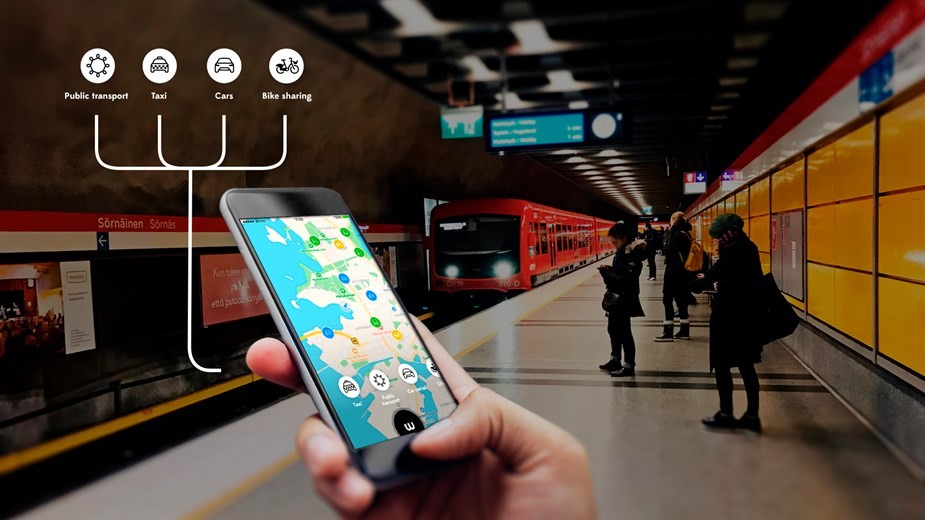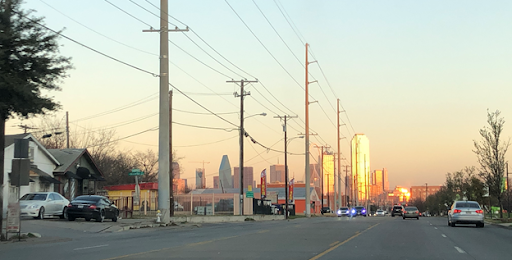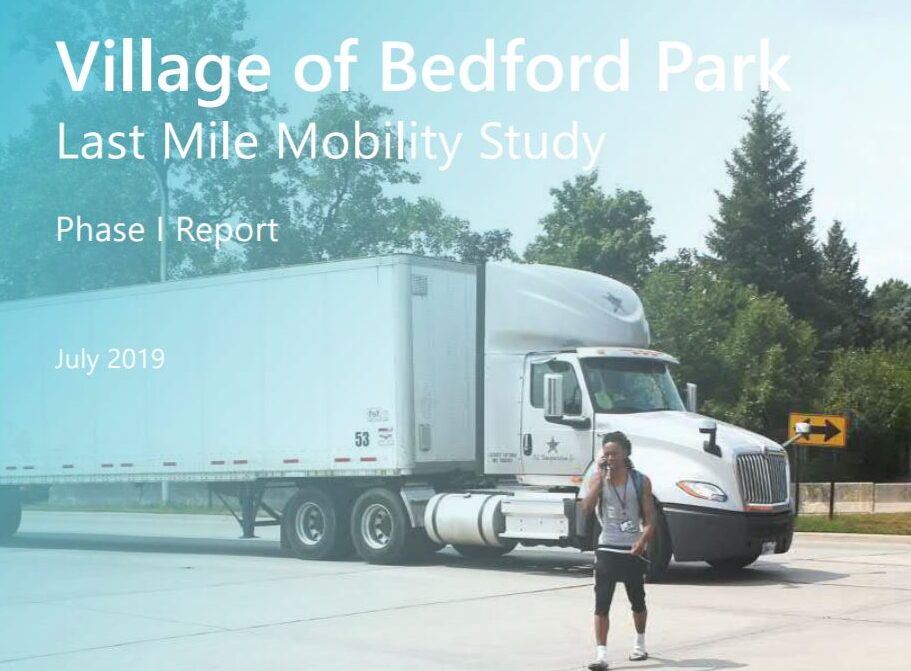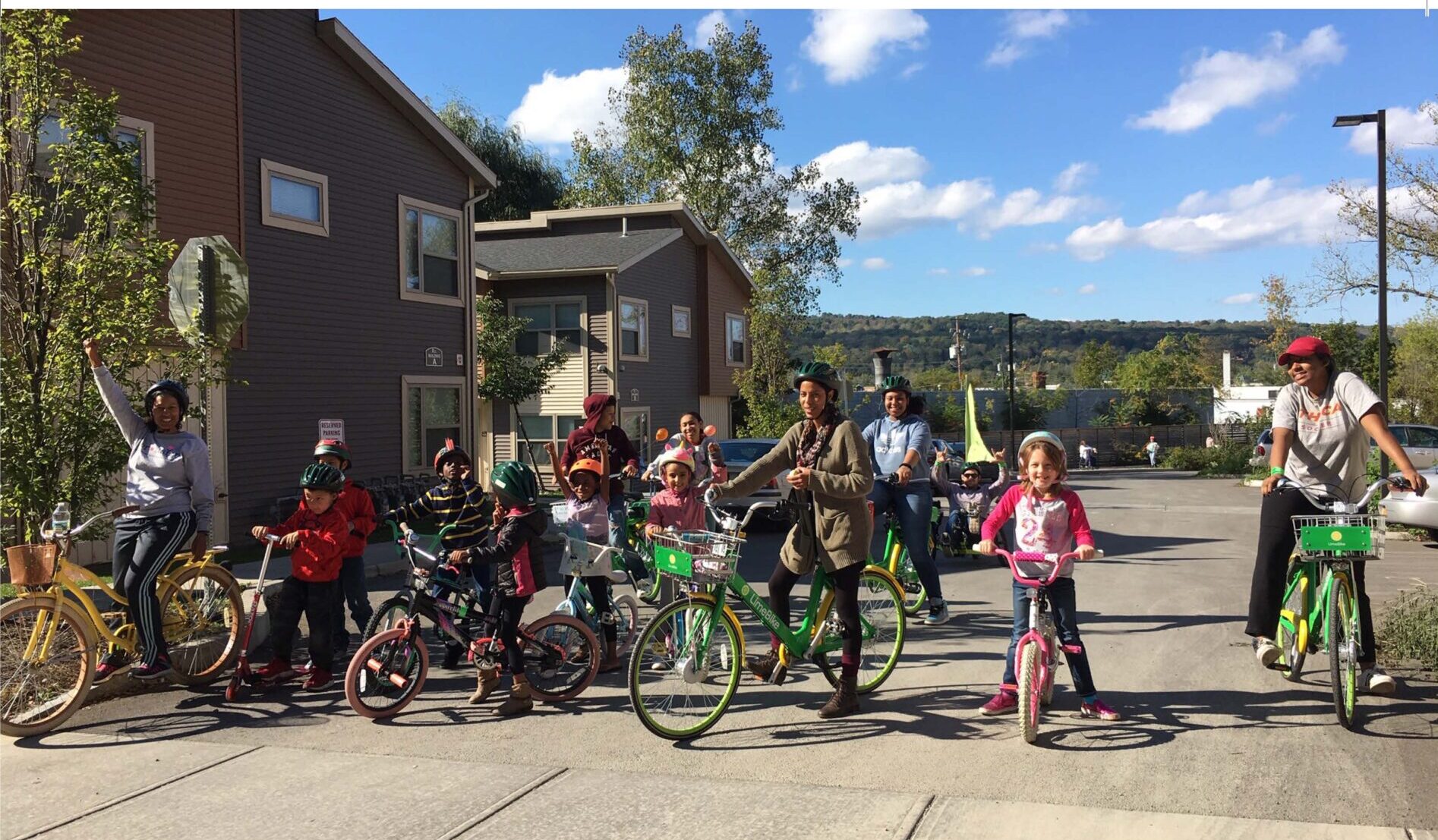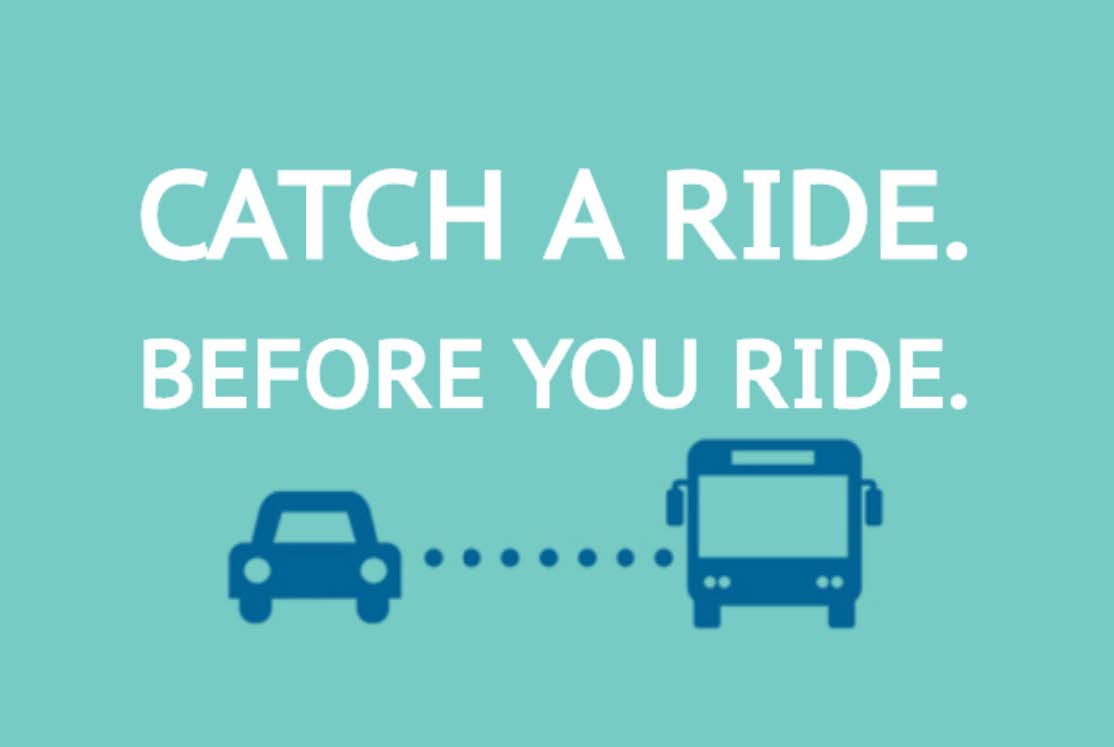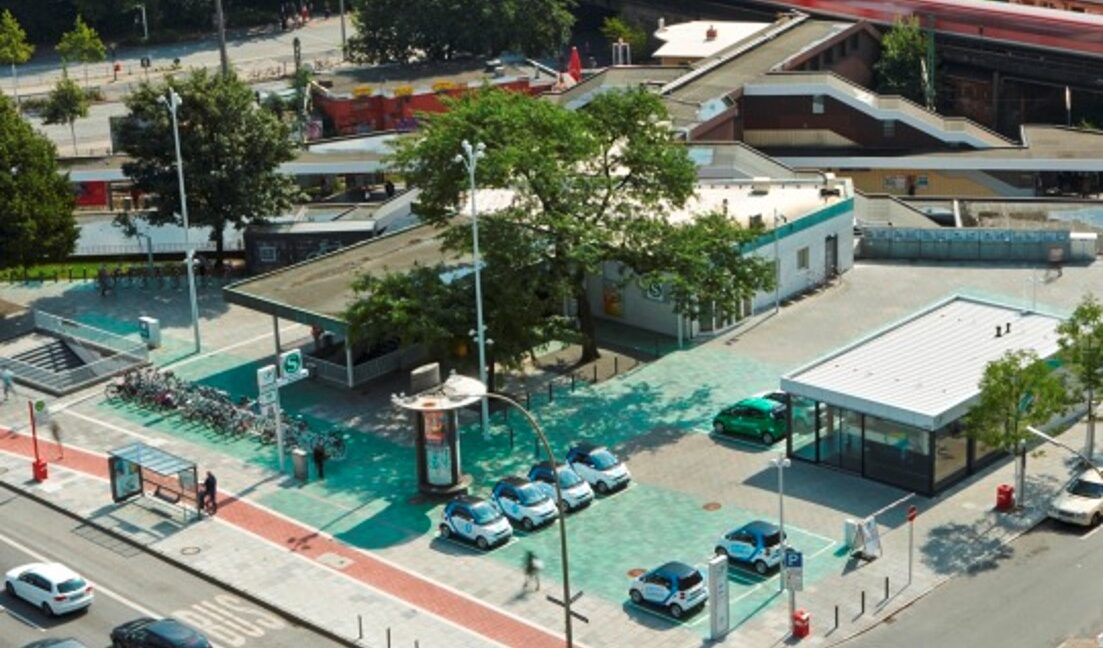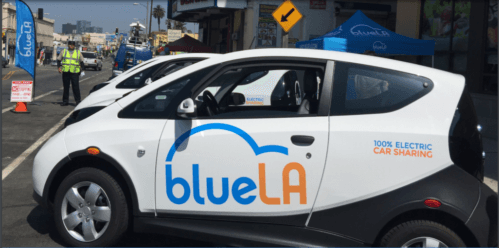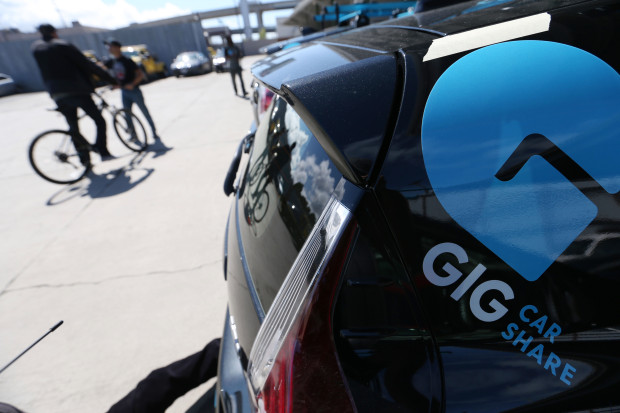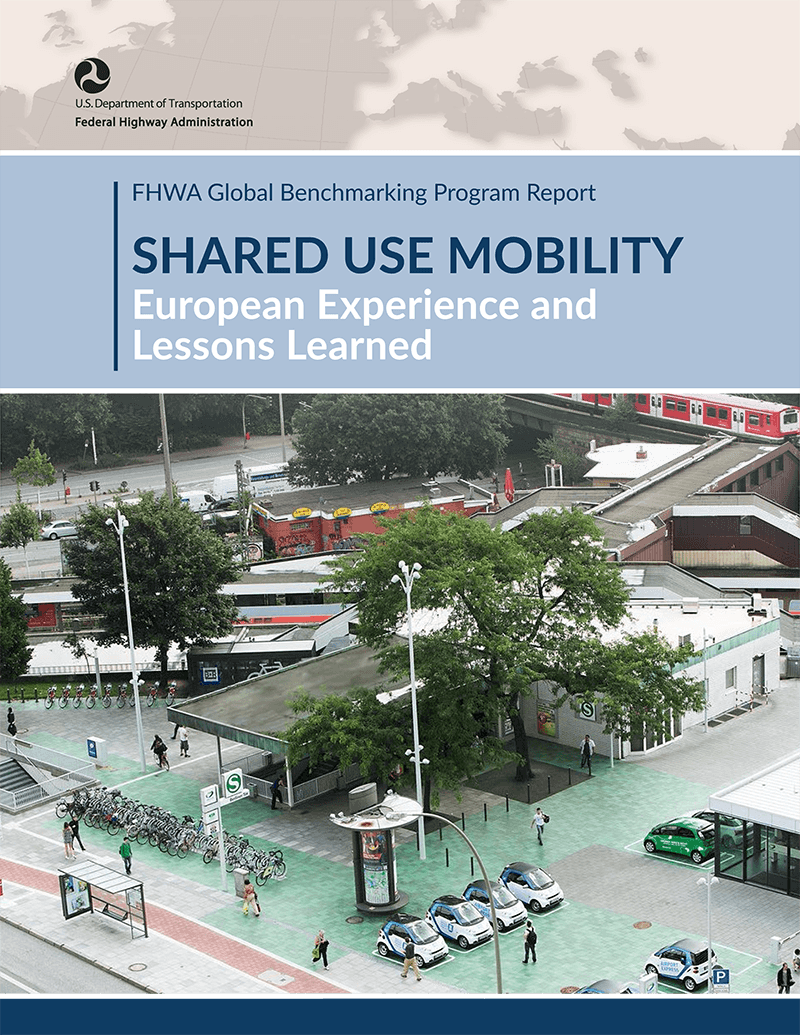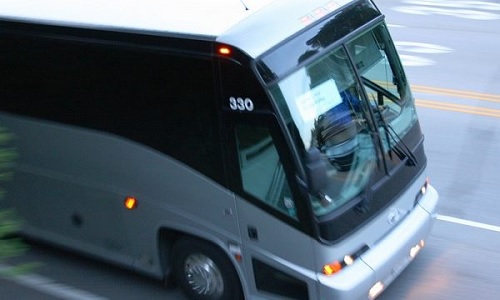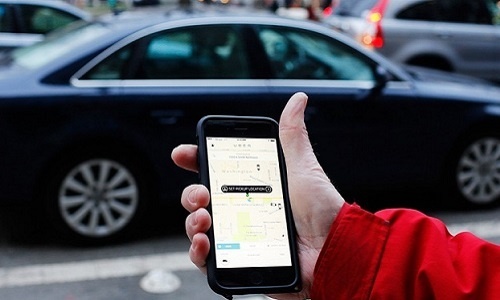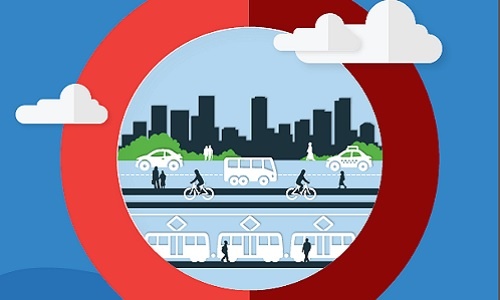Shared Mobility Research and Analysis
SUMC contributes to the broader understanding of the mobility landscape and draws out operational lessons and best practices from mobility innovations around the world. SUMC has produced original research for the Federal Transit and Federal Highway Administrations, the Transportation Research Board, and a number of public, private, and nonprofit clients.
If you are interested in learning more about our research program, or are interested in getting involved as a partner or client in future research projects, please email Director of Research and Consulting Colin Murphy at [email protected].
SUMC research projects include:


